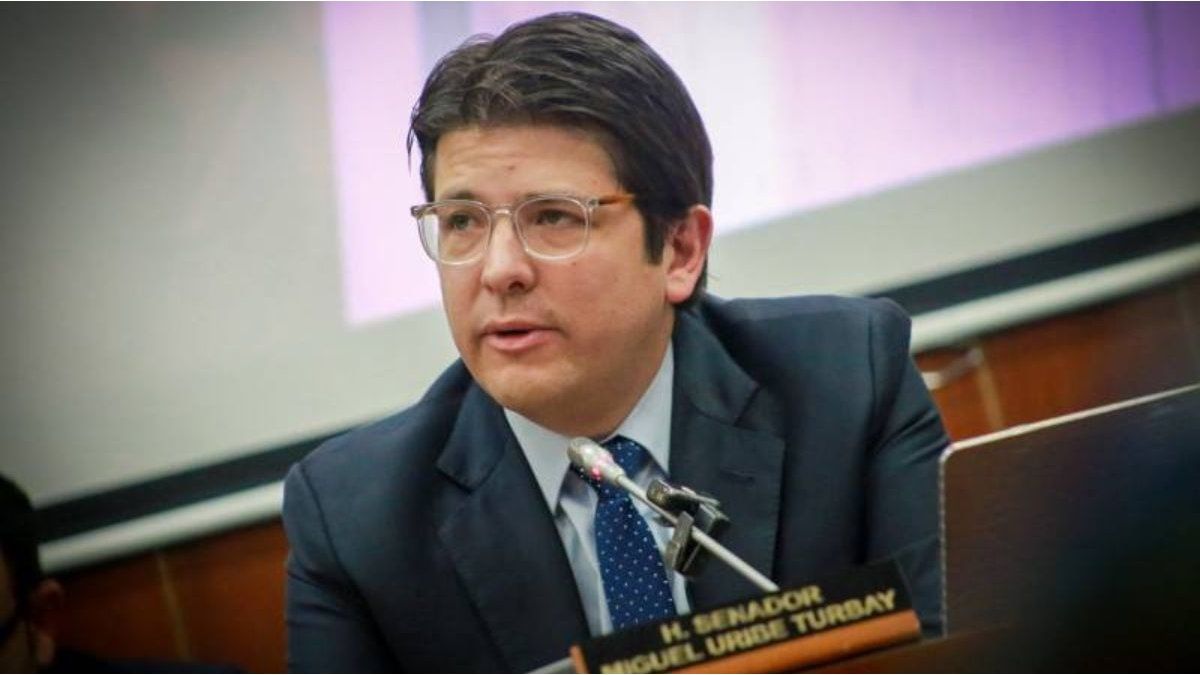Middle East conflict
Ceasefire in Lebanon also gives hope for Gaza
Copy the current link
Hamas is negotiating with Egyptian government officials today about a pause in fighting in the Gaza war. The Hezbollah boss is now committed to a ceasefire with Israel – despite dangerous incidents.
After the ceasefire began in Lebanon, hopes are growing that the guns could soon fall silent in the Gaza war between Israel and Hamas. According to media reports, representatives of the Islamist militia and the Egyptian government want to resume the recently stalled negotiations in Cairo today about a break in fighting in the Gaza Strip and a prisoner exchange. According to one of his prominent supporters, an early ceasefire in Gaza is also a high priority for US President-elect Donald Trump. Meanwhile, the new Hezbollah leadership committed to the ceasefire agreed with Israel in Lebanon despite another Israeli air strike.
Along with the Gulf Emirate of Qatar and the USA, Egypt has been involved as a mediator in the talks about a ceasefire in the Gaza Strip in recent months, as Israel and Hamas do not conduct direct negotiations with each other as a matter of principle. Recently the talks stalled.
For US President-elect Donald Trump, the ongoing conflict in the Middle East is a political risk. According to a report, he is seeking a ceasefire and the release of all hostages held by Hamas before he takes office on January 20. Republican senator and Trump supporter Lindsey Graham told the news portal Axios that Trump wanted to reach an agreement as quickly as possible, ideally before he moved into the White House. “Trump is more determined than ever to see the hostages released and supports a ceasefire that includes a hostage agreement. He wants that to happen now,” Graham was quoted as saying.
It is estimated that only about half of the approximately 100 remaining hostages in the Gaza Strip are still alive. According to hardly verifiable Palestinian information, at least 120 people have been killed in attacks by the Israeli army in the sealed-off coastal area since Friday night.
Thousands demonstrate in Tel Aviv
In Israel, thousands of people demonstrated again on Friday evening for the release of the hostages. At the rally in the coastal metropolis of Tel Aviv, Prime Minister Benjamin Netanyahu’s government was called on to do more to free the people who were kidnapped from Israel more than a year ago from Islamist violence.
The Gaza War was triggered by the massacre committed by Hamas terrorists and other extremists from the Gaza Strip, in which around 1,200 people were killed in Israel and around 250 others were kidnapped to Gaza on October 7, 2023.
Hezbollah chief commits to ceasefire
As blood continues to flow in the Gaza war, the new head of the Shiite militia Hezbollah, Naim Kasim, committed to the ceasefire agreed with Israel. Hezbollah will work closely with the Lebanese army to implement the agreement, he said in a TV speech. Kasim had only recently taken over from long-time Hezbollah Secretary General Hassan Nasrallah. Nasrallah was killed in an Israeli airstrike on the militia’s headquarters in Beirut on September 27 and is to be honored today at a memorial service in the capital’s southern suburbs.
“The agreement (on the ceasefire) was concluded under the umbrella of Lebanese sovereignty. We agreed to it with our heads held high and conscious of our right to defense,” Kasim said. In his words, the Iranian-backed militia won a “great victory” in the war against Israel. “We won because we prevented the enemy from destroying Hezbollah.”
Experts see Hezbollah as significantly weakened after a large number of Israeli military operations and intelligence operations in recent months. In addition to their leadership, their weapons arsenal may also have been severely decimated.
The ceasefire agreement, painstakingly negotiated after more than a year of mutual attacks, stipulates, among other things, that Hezbollah withdraws behind the Litani River, about 30 kilometers north of the Israeli-Lebanese border, in accordance with a UN resolution. The Lebanese army should ensure that this part of the agreement is adhered to.
Israel’s ground troops are to gradually withdraw from Lebanon within 60 days. According to its own statements, the army is currently still deployed in the south of the neighboring country to punish or prevent violations of the ceasefire agreement. On Friday, Israel said it destroyed a rocket launcher in southern Lebanon. However, the intense mutual attacks between Hezbollah and Israel have stopped since the ceasefire began on Wednesday morning.
Israel is currently banning Lebanese from returning to the south
Israel’s army banned residents of more than 60 towns in southern Lebanon from returning until further notice. The people should not be targeted, an Israeli military spokesman said in Arabic. A curfew imposed by Israel on Thursday from 5 p.m. (4 p.m. CET) to 7 a.m. (6 a.m. CET) has been extended. During this time it is prohibited to move from the Litani River to areas further south, an Israeli army spokesman said on Platform X.
After the Gaza War began, Hezbollah said it fired on Israel in support of its ally Hamas. According to Israeli military sources, Hezbollah Islamists have fired more than 17,000 rockets at the Jewish state since the start of the war.
Israel fears arms smuggling from Syria to Lebanon
Meanwhile, Israel is increasingly focusing on the civil war in Syria. As the Syrian government of President Bashar al-Assad finds itself surprisingly on the defensive due to the advance of the rebels in the northwest of the country, Israel fears increased involvement of its arch-enemy Iran in the region.
According to a report in the Jerusalem Post, Netanyahu wanted to hold a meeting with secret services on Friday evening to discuss the regional effects of the situation in Syria. One scenario could therefore be that Iran tries to provide the Syrian army with weapons that could then reach Hezbollah in Lebanon. Last week, the Israeli army said it would take aggressive action against any attempt to smuggle weapons into Lebanon.
An alliance of insurgents led by the Islamist organization Haiat Tahrir al-Sham (HTS) made surprisingly large territorial gains in an offensive in northwest Syria this week. Government troops and their allies came under pressure in the areas surrounding the cities of Idlib and Aleppo. According to activists, the rebels are now in control of large parts of the megacity of Aleppo, which was heavily contested and extensively destroyed in the first years of the Syrian civil war that broke out in 2011. The government is reportedly massing troops in the east of the city for a counterstrike.
dpa
Source: Stern
I have been working in the news industry for over 6 years, first as a reporter and now as an editor. I have covered politics extensively, and my work has appeared in major newspapers and online news outlets around the world. In addition to my writing, I also contribute regularly to 24 Hours World.




